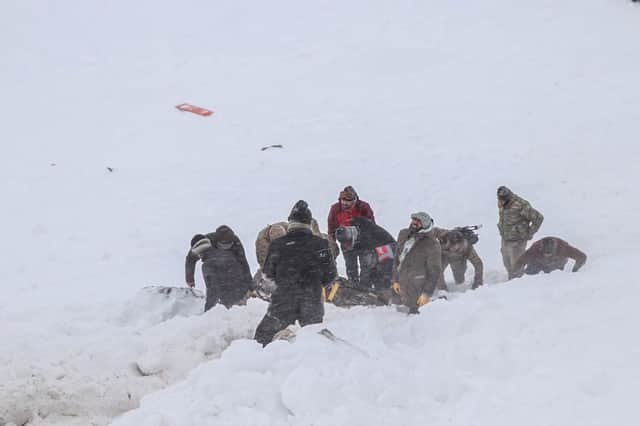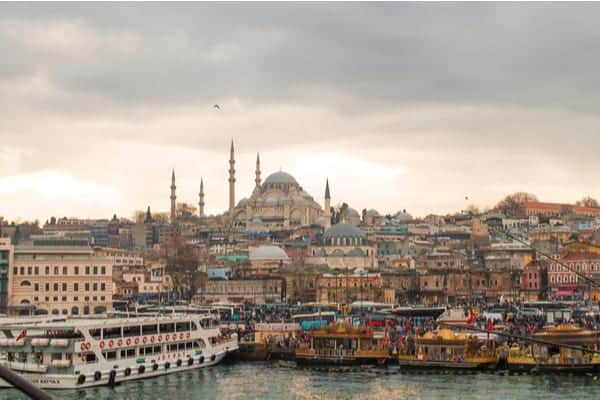Is it safe to travel to Turkey? This is the latest advice after avalanches kill more than 40 people


More than 40 people have been killed and 84 left injured after two avalanches fell in eastern Turkey this week, within the space of 24 hours.
The avalanches hit the mountainside near Turkey’s eastern border with Iran on Tuesday and Wednesday (4 and 5 Feb), close to the Van-Bahcesaray highway.
Rescue work ongoing


Advertisement
Hide AdAdvertisement
Hide AdThe two avalanches have killed at least 41 people, with the second - which hit around 12pm on Wednesday (5 Feb) - killing dozens of rescuers who were responding to the first downslide.
Further rescue work was then paused over fears a possible third avalanche could strike, before continuing again yesterday (6 Feb), with more than 700 personnel on hand.
The recovery is being led by Turkey's Disaster and Emergency Management Authority (Afad).
Van province governor Mehmet Emin Bilmez said police officers, firefighters and volunteer rescuers were among the dead, and it is feared the death toll may yet rise further. More than 80 people have also been left injured.
Advertisement
Hide AdAdvertisement
Hide AdThere are travel warnings in place for tourists visiting Turkey (Photo: Shutterstock)
Is it safe to travel to Turkey?
The UK Foreign and Commonwealth Office (FCO) has not issued a travel alert in relation to the recent avalanches, but there are warnings in place for tourists visiting the country.
British tourists have been warned to “remain vigilant” when in crowded places that are popular with foreign nationals, including during festival periods, and be alert to their surroundings.
The FCO has advised against all travel to areas within 10km of the border with Syria, except the city of Kilis.
Tourists are advised against all but essential travel to:
Advertisement
Hide AdAdvertisement
Hide AdAll other areas of Sirnak, Kilis (including Kilis city) and Hatau provinces
The provinces of Diyarbakir, Tunceli and Hakkari
A Pegasus Airlines domestic flight from Izmir crashed on landing at Istanbul’s Sabiha Gökçen International Airport on 5 February, and the airport has been closed.
Tourists who are due to travel to or from Sabiha Gökçen airport are advised to check with their airline for updates before travelling.
A 6.8 magnitude earthquake hit Elazig and neighbouring provinces in the east of Turkey on the evening of 24 January, causing damage to local buildings and a number of fatalities, and a number of aftershocks have since been reported. A disaster response is currently underway, but tourists are advised to avoid the immediate vicinity, and follow the advice of local authorities.
Advertisement
Hide AdAdvertisement
Hide AdThe FCO has also warned of increased tensions in the region following the death of Iranian General Qasem Soleimani in a US strike in Baghdad on 3 January, urging visitors to remain vigilant and keep up to date with the latest developments via the media and the government website.